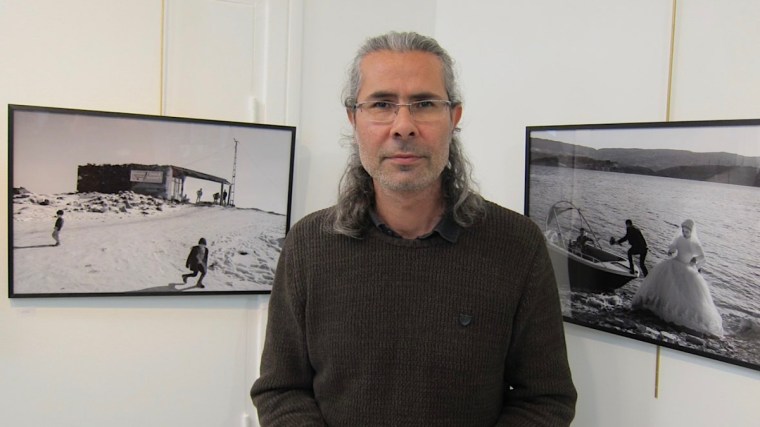Sulaymaniyah, July 23, 2024—The Committee to Protect Journalists is alarmed that the prominent Turkish Kurdish photojournalist Murat Yazar was held in an Iraqi Kurdish security forces prison for eight days before his release on Sunday evening and calls on Iraqi Kurdish authorities to stop arresting journalists.
“Iraqi Kurdish authorities have made a habit out of detaining and harassing journalists,” said Yeganeh Rezaian, CPJ’s Interim MENA Program Coordinator, in Washington D.C. “We are deeply concerned over the detention of prominent photojournalist Murat Yazar in the region for eight days and call on the authorities to immediately stop harassing members of the press and let them do their jobs freely.”
Iraqi Kurdish security forces, known as Asayish, have detained, raided, and harassed dozens of journalists in the last three years.
Yazar, a Pulitzer Center grantee, had gone missing in the city of Zakho, in the Duhok province of Iraqi Kurdistan, on July 13. Iraqi Kurdish Asayish forces detained and interrogated him for what his family said was his unintentional entry into an area under restriction due to Turkish military operations against the outlawed Kurdish Workers’ Party, which Turkey considers a terrorist organization. Yazar entered the area while working on a visual storytelling project about the Tigris River, according to a statement by the family, which CPJ reviewed. He was released without any charges, the statement said.
The officers confiscated Yazar’s passport, phone, and camera bag, according to the statement, and did not allow him to call his family or the Turkish consulate in Erbil.
After his release from Duhok Asayish prison, he crossed the border into Turkey around 1 a.m. on Monday, according to his brother, Baran, and two of his friends, Nil Delahaye, a human rights activist, and Paul Salopek, the founding executive director of the nonprofit Out of Eden Walk.
On Sunday, CPJ called Ahmed Ramazan, head of the Zakho police, and Ali Osman, an investigator at the Zakho Asayish office, who both stated that they had no information about the journalist.
